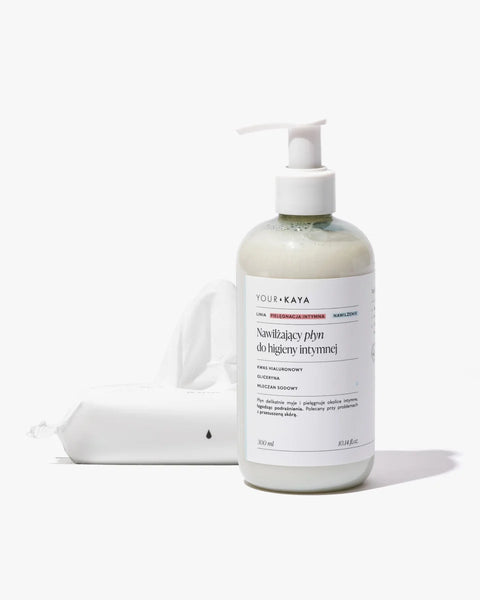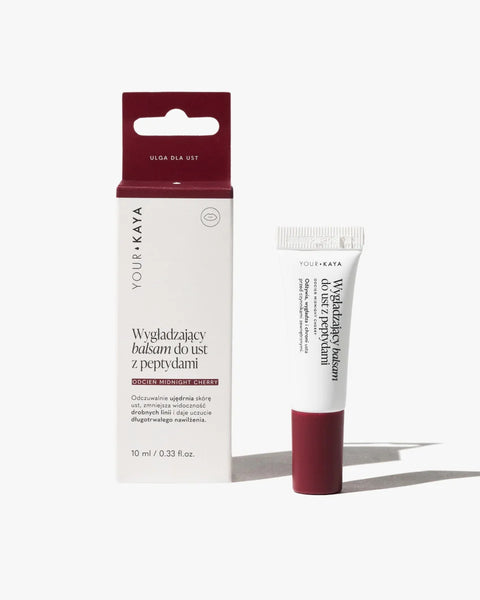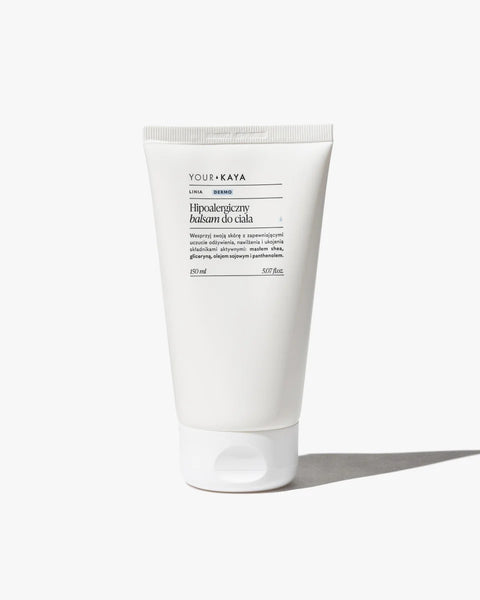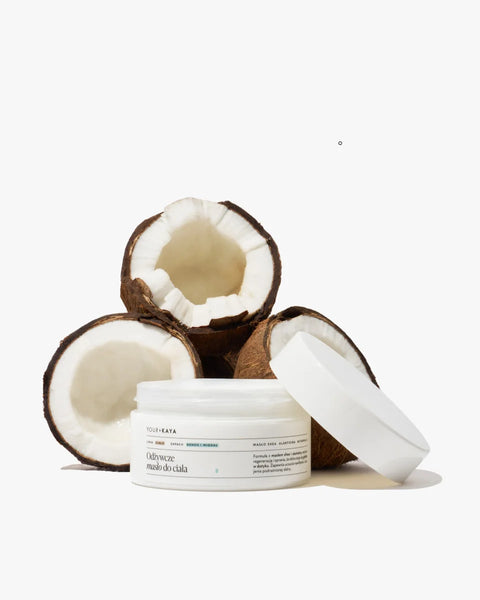What is vaginal discharge?
This collective term refers to various types of mucus that are not menstrual blood. Each of them has specific functions – its task may be, for example, to maintain proper lubrication in the vagina, facilitate fertilization or protect against harmful microorganisms. Observing mucus can provide us with valuable information about the moment of the cycle we are in, as well as about the health of our intimate areas. If the discharge looks suspicious – it resembles cottage cheese or its color is associated with something stale – it is better not to delay making an appointment with a gynecologist. In general, however, the occurrence of clear or whitish mucus of varying density is only a manifestation of one of the functions of our body.
There are hundreds of types of microorganisms living in the vagina. This may sound alarming, but the vast majority of them work to our advantage – their presence allows us to maintain health and hygiene. Some of them, such as lactic acid bacteria, are associated with maintaining a certain pH level in the vagina – usually between 3.6 and 4.5. This level can change under the influence of various factors, including the medicines we take, sexual activity, intimate hygiene products, as well as the material of underwear or hygiene products. Usually, however, these changes should not worry us too much, because they are neutralized on an ongoing basis thanks to the “work” of our bacterial flora.
Why do panties change colour?
Okay, but what does this have to do with white spots on your favorite panties? The answer is related to the pH of your vagina. The acidic pH of your mucus can react chemically with the material your underwear is made of, which can result in discoloration. Colored spots, however unwanted, are therefore evidence that our defensive army of bacteria is doing its job, so they are not a cause for concern.
Is there any way we can prevent underwear from getting damaged?
Well, we can't guarantee it, but it certainly won't hurt to use pads on days with heavy discharge and to follow the general rules regarding intimate hygiene. Let's recall what recommendations are worth following:
- When washing intimate areas, avoid "pouring" water inside, whether using a shower head or other methods. Contrary to popular belief, this does not contribute to better hygiene - quite the opposite, because during such intensive cleansing we also get rid of the bacteria that are our first defense against infections.
- Let's take a look at the hygiene products we use. Let's read the compositions of gels, soaps and liquids and make sure they are suitable for our needs - first of all, let's pay attention to whether they have the right pH and whether they do not contain potentially allergenic substances. Let's also remember that our bodies are different and a fantastic gel that a friend praises may not work for us at all (and it will not be the gel's or the friend's fault).
- Be careful with intimate deodorants! Fragrances are not usually on the list of the most recommended ingredients in cosmetic and hygiene products. If you think that the natural smell of your intimate areas is unpleasant or disturbing , it would be best to consult a gynecologist.
- Let's remember about the safety of sexual intercourse. Especially if we don't know the results of our partner's tests for sexually transmitted diseases, and also if we have anal sex or when the vagina is penetrated during menstruation, it is worth protecting yourself with a condom.
- It is good to choose underwear made of natural materials - cotton is easily available and pleasant to the body.
- Let's learn to observe the mucus in different phases of the cycle. Let's remember what is "normal" in our individual case, so that if any changes occur, it will be much easier to notice them.
In summary – yes, vaginal mucus can be responsible for mysterious discolorations in underwear, but this is generally not a reason to worry. However, remember that each and every one of us has a slightly different body. If something seems to deviate from our norm (or if we can't remember when we last had periodic check-ups), it doesn't hurt to go to a doctor who will dispel all doubts. And you can say goodbye to significantly discolored underwear, say goodbye to it and throw it away or turn it into cleaning cloths.
Created at: 06/08/2022
Updated at: 16/08/2022










































































































































